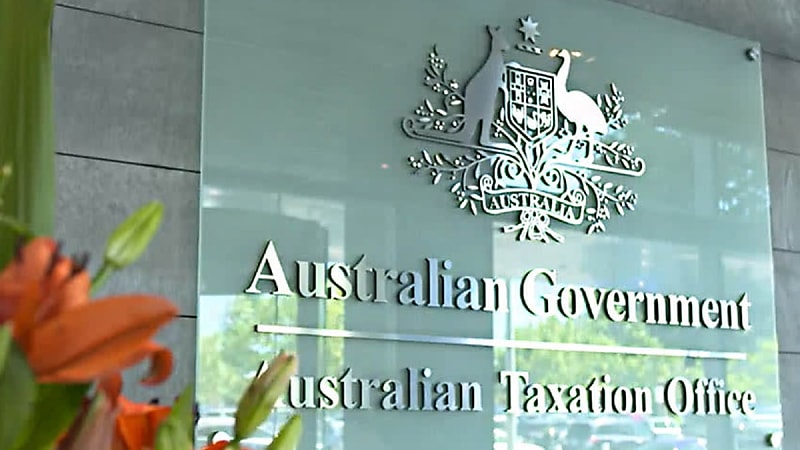Private ruling sets out that interdependency relationship must meet all criteria
Parents of a deceased person may not qualify for interdependency relationship regarding superannuation death benefits as set out by a recently published ATO Private Binding Ruling.
The facts of the case (1052182205181) state that the beneficiaries were the parents of the deceased. In an email provided to the ATO, the deceased's super provider advised that it had identified no dependants and that it wished to seek discharge of the benefit amount through the estate.
The beneficiaries, as the legal personal representatives of the deceased, received the above death benefit payment and no tax was withheld from this payment.
Both the beneficiaries and the deceased resided together at the time of the deceased's passing, and the deceased was employed by the beneficiaries' business while owning land at a nearby address.
The beneficiaries provided a statement regarding their relationship with the deceased which said the deceased assisted them to a significant degree with domestic support, including washing the family car, maintaining the backyard and garden of the residence, and cooking food for the family. The deceased also assisted the beneficiaries with household information technology (IT) support.
The statement continued that the beneficiaries and the deceased shared household costs including groceries, phone bills and electricity bills and the deceased performed duties for the family business including operating trucks and vehicles, servicing and maintaining machinery, analysing plans, sourcing supplies and IT support.
The beneficiaries said the deceased's role within the company was significant to the degree that they have since closed the business as they are no longer able to operate it without the deceased.
The statement added the deceased and beneficiaries provided each other with emotional support, including ongoing emotional support provided by both parties to each other regarding the passing of a close family member before the passing of the deceased.
The deceased lived with the beneficiaries their whole life, except for a nine-month period when the deceased attended studies at a university but returned home due to the stress of living away from their parents.
The deceased suffered from a medical condition and required treatment and medication as a result. This medication was not subsidised, and the beneficiaries paid for this medication. The beneficiaries assisted the deceased with travelling to and from appointments and also provided rehabilitation and home care. The beneficiaries also organised and paid for relevant testing machines for the deceased.
Before being employed by the beneficiaries, the deceased worked on the construction of highways for several months but left this role to assist the beneficiaries and had a significantly reduced income.
The ATO ruled that the beneficiaries did not meet the conditions set out to qualify for the death benefits dependents due to an interdependency relationship which is defined under section 302-200 of the Income Tax Assessment Act 1997 as all of the requirements set out in the legislation had not been satisfied.
Consequently, the taxable component of the superannuation lump sum death benefit paid to the beneficiaries was deemed assessable income, taxed under section 302-145 of the ITAA 1997.
The PBR said that subsection 995-1(1) of the ITAA 1997 states that the term “death benefits dependant’ has the meaning given by section 302-195 of the ITAA 1997 and as the deceased was the adult child of the beneficiaries, paragraphs 302-195(1)(a) and (b) of the ITAA 1997 are not applicable.
It continued that the definition of death benefits dependant does not stipulate the nature or degree of dependency required to be a dependant of the deceased person in paragraph 302-195(1)(d) of the ITAA 1997.
“However, it is generally accepted that this paragraph refers to financial dependence,” the ATO stated.
“The beneficiaries were not financially dependent on the deceased person and therefore, paragraph 302-195(1)(d) of the ITAA 1997 is not applicable. To meet the definition of a death benefits dependant, the beneficiaries must have been in an interdependency relationship with the deceased, in accordance with paragraph 302-195(1)(c) of the ITAA 1997.”
The ruling stated that generally speaking, it is not expected that children will be in an interdependency relationship with their parents.
“While this statement does not preclude a child from being in an interdependency relationship with a parent, it suggests that interdependency only exists where the relationship goes beyond the usual relationship between an adult child and a parent,” the ruling stated.
“A close personal relationship as specified in subsection 302-200(1) of the ITAA 1997 would not normally exist between a parent and an adult child because there would not be a mutual commitment to a shared life between the two. In addition, the relationship between parents and their adult children would be expected to change significantly over time. It would be expected that the adult child would eventually move out and secure independence from their parents.”
The ATO added that where unusual and exceptional circumstances exist, a relationship between a parent and an adult child may be treated as an interdependency relationship for subsection 302-200(1) of the ITAA 1997.
“While statements made by the beneficiaries suggest that the relationship between them and the deceased was close, it was not over and above the normal family relationship between a parent and an adult child,” the ruling stated.
“It is not considered that evidence has been provided to support that there was a mutual commitment to a shared life.”








